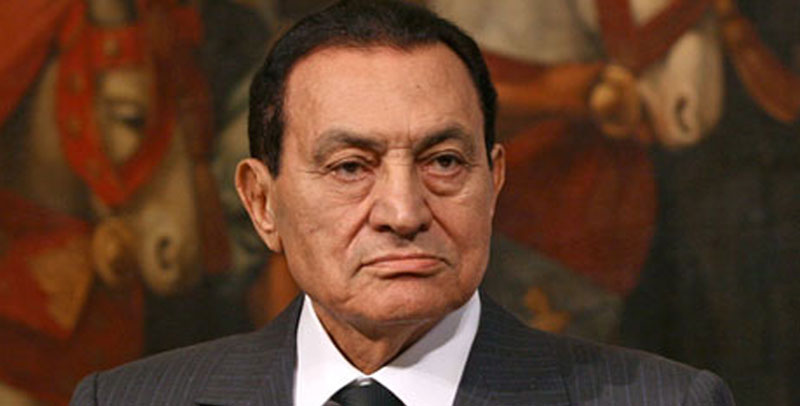Columnists
Democracy may not be an alternative to dictatorship
A wealthy friend of mine told me that looking for money is not a strenuous mission; it’s actually keeping it that will make you sweat like a desert camel.
Anyone can become president either by luck or extraordinary efforts or both. What is challenging, though, is keeping yourself on that political saddle for a long time. The so called long serving dictators go through hell to maintain their grip on power.
Egypt’s Mubarak had his own way of ensuring longevity: he made sure none of his senior officers was popular or smart enough to stage a coup.
His one obvious rival at the top of the military, Field Marshal Mohamed Abd al-Halim Abu Ghazala, served as defense minister in the 1980s and helped in saving the regime by rolling tanks into the streets after security-force recruits rioted in 1986. But precisely because of Abu Ghazala’s power and prestige, Mubarak forced him out in 1989.
In tales we are advised that when the domesticated leopard grows canines you return it to the jungle. Field Marshal Mohamed Hussein Tantawi, was defense minister since 1991.
He was apparently so loyal and so obsequious that in one U.S. Embassy cable distributed by WikiLeaks he is described as “Mubarak’s poodle.” But when the time arrived to choose between his own future and Mubarak’s, Tantawi pushed Mubarak out.
Some dictators maintain power through terror and the naked use of force applied by huge standing armies and police forces. Paradoxically though, many dictatorships survive with the support of a significant swath of the populace.
In sub-Saharan Africa, for example, rulers maintain power by exploiting ethnic and regional differences via a policy of selective economic rewards and privileges. In effect, the deep ethnic divisions found in much of Africa are life insurance policies for dictators.
There are times we are tempted to think that dictatorship focuses on the use of violence and repression in order to keep in power.
But leaders of countries with sharply defined ethnic differences, such as Kenya, could probably not stay in power without the support of their own ethnic group.
Members of the ethnic group, to which a dictator longs, fear that a new leader from a different ethnic group would be much worse for them. “The fear of falling under an equally inefficient and venal ruler that favors another group is enough to discipline supporters.
But the uncomfortable truth is that dictatorship is often preferable to anarchy. When people are given a choice between a functioning dictatorship and a failing or failed state, the dictatorship would often be seen as the lesser evil.
And most people believe that a more-or-less secure livelihood and a modicum of justice are more important than individual freedoms and unimpeachable democracy.
The world can be witness that Iraq was better off under Saddam Hussein than after his over throw and persecution by George Bush and his allies in 2003.
The toppling of a dictator and the holding of elections are not sufficient to establish democracy. As such, the West should value functioning states to a greater degree in the future. In Russia the transition from the Soviet system to democracy failed.
After the end of socialism, Russians were able to vote in more-or-less democratic elections and the economy was privatized. But the rule of law did not take hold. Instead, capriciousness and corruption gained the upper hand; power was monopolized by the strong. Chechnya began fighting for independence and the state started to disintegrate.
The last decade has shown that there is something worse than dictatorship, worse than the absence of freedom, worse than oppression: civil war and chaos. The “failing states” that currently stretch from Pakistan to Mali show that the alternative to dictatorship isn’t necessarily democracy — all too often, it is anarchy.
In the coming years, global politics will not be defined by the polarity between democratic and autocratic states as much as it will by the contrast between functioning and non-functioning ones.
A popular question has been asked on many platforms: Was the Middle East better off under dictatorships? It is certainly tempting to think so when one looks at conflicts in the region today, from Yemen to Libya and Syria.
Those three countries have followed different trajectories since the start of the Arab Spring in 2011, but what they have in common now is instability that is not likely to be overcome in the short term.
While this instability is making the West particularly the United States uncomfortable, it is also a direct result of the West’s own stance towards dictatorships in the region prior to and during the Arab Spring.
The West’s shortsightedness in handling the Middle East throughout its modern history has directly contributed to its current devastation.
Comments














